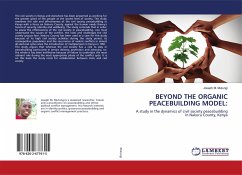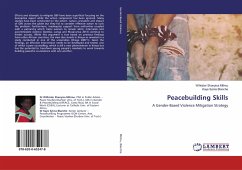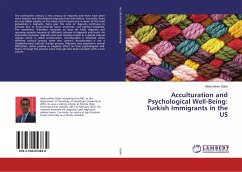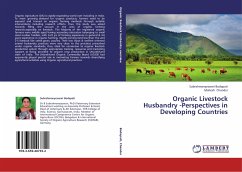The civil society in Kenya and elsewhere has been presented as working for the greater good of the people at the lowest level of society. This study examines the role and effectiveness of the civil society peacebuilding in Kenya with a focus on Nakuru County, against the human needs theory's tenets of security, identity and wellbeing. The study contends that in order to assess the effectiveness of the civil society in peacebuilding, one must understand the causes of the conflict, the roles and challenges the civil society groups face. Nakuru County has been used as a case for this study because of its high civil society activities during the study period, its cosmopolitan population and the recurrence of violent conflicts in almost all electoral cycles since the introduction of multipartyism in Kenya in 1991. The study argues that whereas the civil society has a role to play in peacebuilding particularly in service delivery, protection and advocacy, on the whole it has been ineffective because of failure to undertake the most relevant role during the most appropriate phase of the conflict cycle. It is on this basis the study roots for collaboration between state and civil society.








